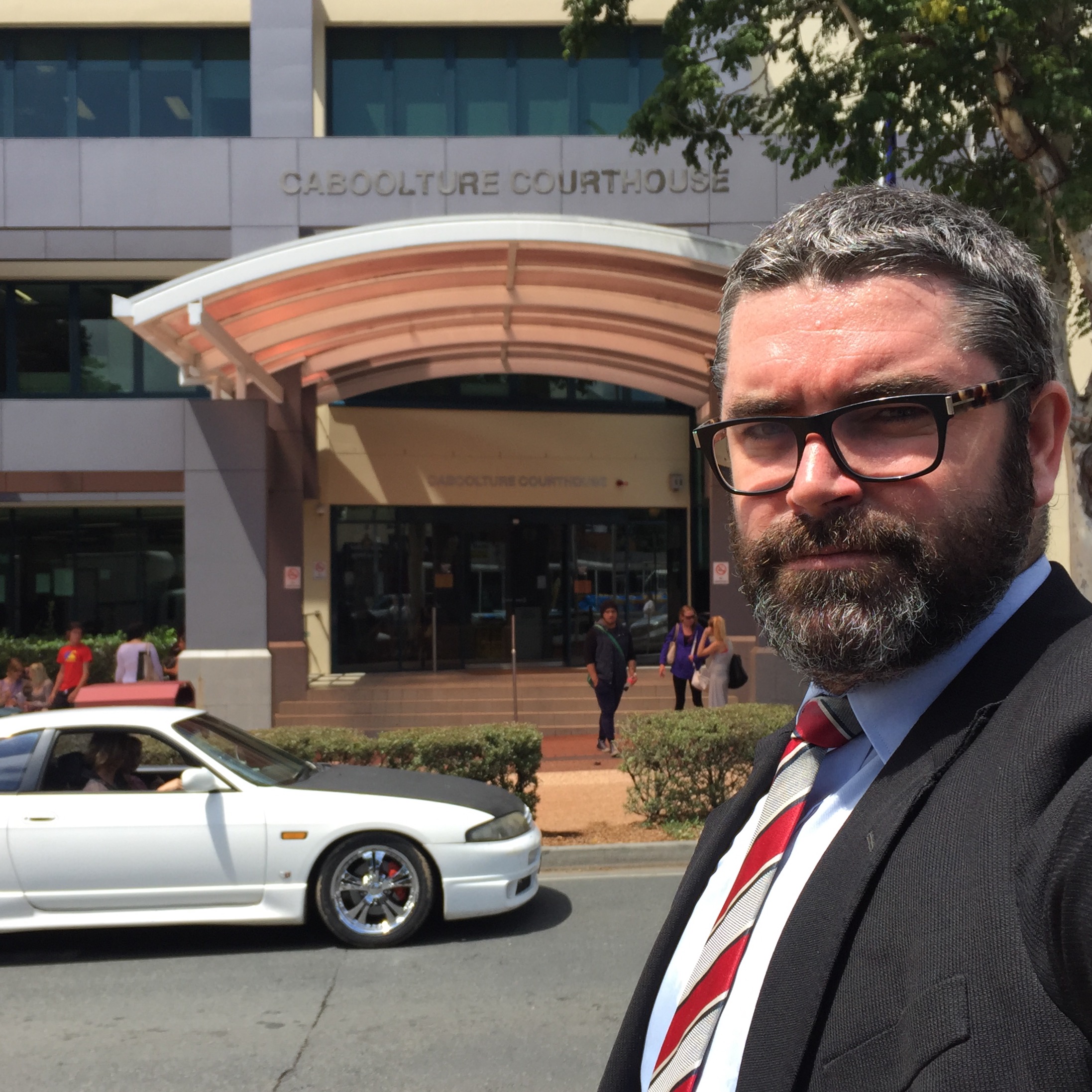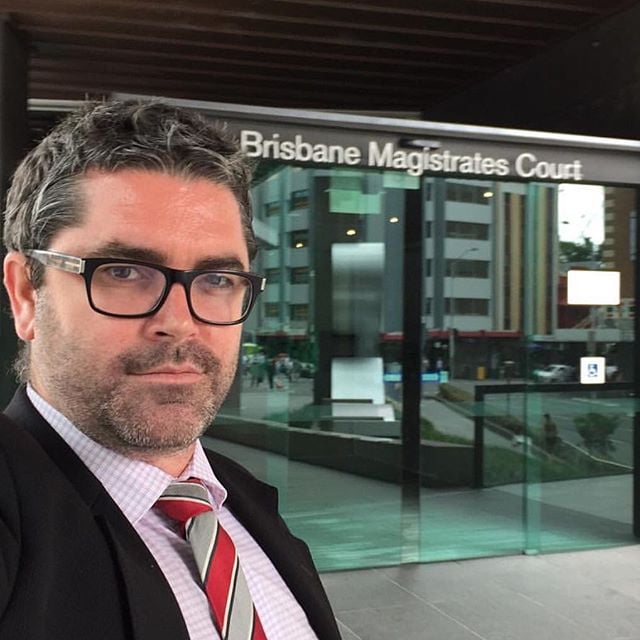

I appeared at Caboolture Magistrates Court again this morning, to represent a client charged with Drug Driving, also known as Driving While Relevant Drug is Present in Blood or Saliva, or Driving With Relevant Drug Present.
My client was found to have Cannabis in their system.
Given my client was on P plates when charged, they were not eligible to apply for a Drug Driving Work Licence.
My client faced a maximum penalty for their Drug Driving offence of a lifetime driver's licence disqualification, 3 months imprisonment and 14 penalty units
Magistrates have a general power to impose up to a lifetime driver’s licence disqualification, above and beyond any legislated disqualification ranges.

A penalty unit in Queensland is currently valued at $113.85
Further, persons who plead or are found guilty in the Magistrates Court must pay the Offender Levy, which is presently worth $110.90.
Given my client was on P plates, they faced a mandatory minimum licence disqualification of 3 months, meaning the Magistrate had no choice but to hand down a disqualification of no less than that.
When deciding how to deal with a Drug Driving offender, the courts have a number of options available.
Magistrates will hand down Community Service orders in circumstances where they believe the offender needs to give back to the community.
When a Community Service order is handed down, the offender must engage in a set number of hours of volunteer work, as directed by the Probation & Parole office.
Magistrates will hand down a Probation order in circumstances where they are persuaded that the offender needs help, rather than, or in addition to, punishment.
Persons on Probation must report to the Probation & Parole office during their ordered period, and engage in any required counselling or mental health treatment.
Probation is more of a supervisory order than a form of penalty.
Probation orders can only be made with the consent of the offender.
A suspended term of imprisonment means that the client does not actually go to jail, but the term of imprisonment hangs over their head for a set period.

If the person returns to court for any other offence punishable by imprisonment during the set period, which a lot of seemingly minor offences are, the Magistrate has 2 options.
The Magistrate can either extend the length of the suspension period, in other words extend the period during which the term of imprisonment hangs over the person’s head, or activate the term of imprisonment.
Alternate to a suspended term of imprisonment, the Magistrate can hand down an intensive correction order, impose a term of imprisonment with immediate parole, or incarcerate the person by physically sending them to jail for a period.
An intensive correction order is a form of imprisonment which is served within the community.
Persons on an intensive correction order must report to the Probation & Parole office during their ordered period, and comply with any directions given.
If a person breaches an intensive correction order, by committing another offence or failing to comply with any given directions, they will be brought back before the court and resentenced for their original offence.
Imprisonment with immediate parole means that the client does not physically go to jail, but technically according to their record they did, however their court date is their release date.
Persons on parole must also report to the Probation & Parole office during their set parole period.

If a person breaches parole, by committing another offence or failing to comply with any given directions, they will be immediately imprisoned for the remainder of their prison term.
The Magistrate also has the power to simply hand down a disqualification and fine only.
I drafted detailed and comprehensive written submissions of the relevant legislation and case law.
I made comprehensive verbal submissions to the Magistrate.
I had my client obtain multiple character references, based on a template which I had earlier provided.
I was able to persuade the Magistrate that the mandatory minimum 3 month licence disqualification was appropriate.
My client received a 3 month licence disqualification, and a $400 fine.
Needless to say, my client was extremely relieved.
Wiseman Lawyers specialise in Drug Driving, DUI Drink Driving and Traffic Law.

Regards
Andrew Wiseman, Wiseman Lawyers
Ph: 1300 947 352
andrew.wiseman@wisemanlawyers.com.au
wisemanlawyers.com.au
Click here to read about other clients I have helped:






